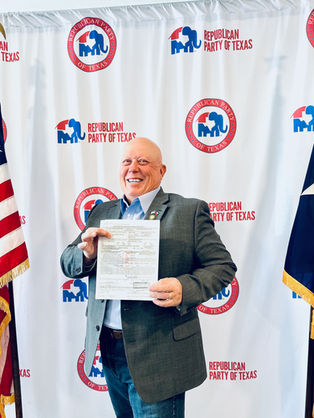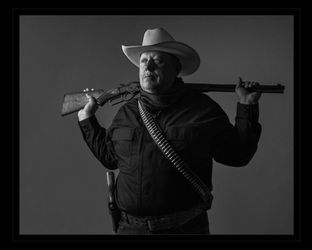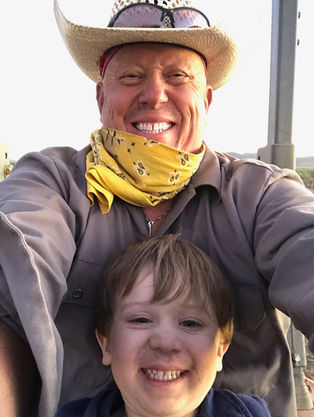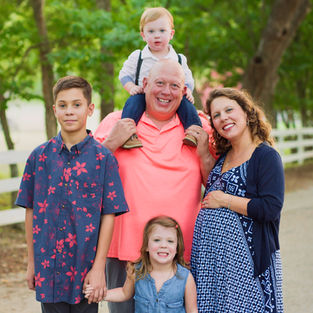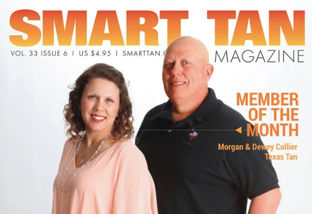top of page
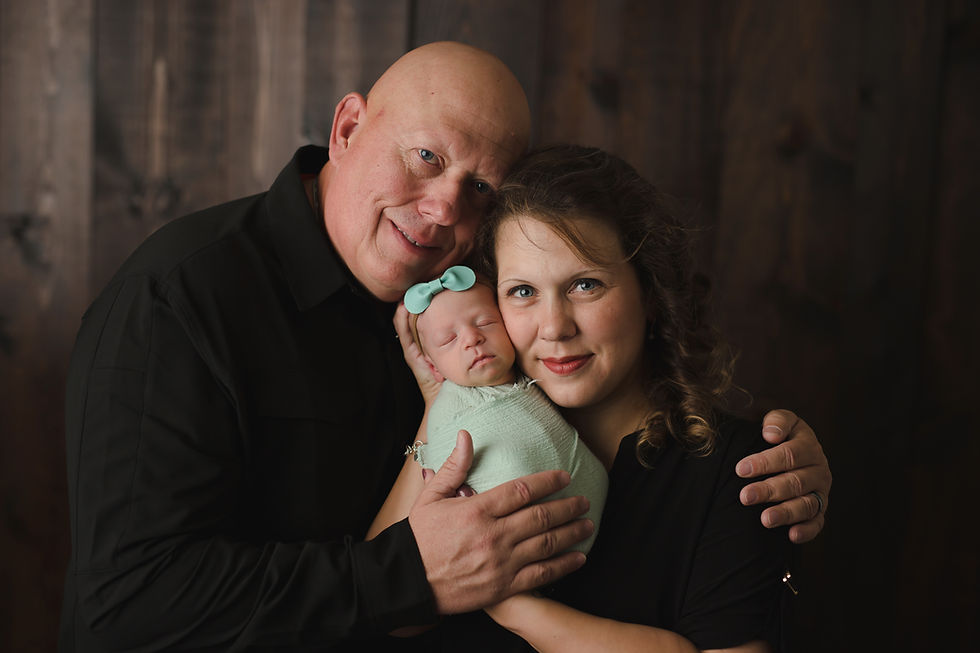
LTC Dewey Collier (Ret.), MSN
A Texan Rooted in Faith, the Constitution, and Service
I am not a career politician.
I am a Soldier, a nurse, a husband, a father, and a landowner who believes public office is a duty of service — not a path to power.
My life has been shaped by responsibility and sacrifice. I served our nation for 26 years in the United States Army, beginning as an enlisted Soldier and retiring as a Lieutenant Colonel. I served both on the battlefield and on the medical frontlines, where leadership is not theoretical and accountability is not optional.
In the Army, I learned to place the mission first.
In civilian government, the mission is not reelection.
It is upholding the Constitution and stopping everything it does not authorize.
As a decorated combat Veteran, I understand the true cost of freedom. I have led under pressure, made decisions where lives were on the line, and learned that authority without discipline is dangerous. The Soldier’s Creed was not something I recited — it was something I lived. It taught me that responsibility comes before recognition, that excuses are unacceptable, and that failure often comes not from opposition, but from abandoning principle.
After retiring from my final duty station in San Antonio, my wife, Morgan, and I chose to put down roots in Northeast Texas. We are raising our ten children among people who share our values of faith, family, and hard work. With livestock and more than 100 acres of land, I experience firsthand the challenges rural Texans face — from crushing property taxes, to infrastructure neglect, to healthcare access, to government overreach.
This is not something I read about in reports.
It is the life I live.
I work my land. I care for my animals. I protect my family. And I strive every day to leave my community stronger than I found it.
In 2021, I first challenged the incumbent for House District 5 because it had become clear the People of this district were no longer being heard or defended. I am not running because of one vote or one legislative failure. I am running because Texas deserves representatives who listen, who stand firm, and who understand that restraint is a virtue — not a weakness.
The Soldier’s Creed teaches that you do not accept defeat, but it also teaches discipline. In government, discipline means knowing when to say no. It means respecting limits. It means remembering that taxpayer money is not the Legislature’s to give — it belongs to the People.
I already gave 26 years defending this nation under oath. That oath did not expire when I retired. It defines how I approach public service today.
My mission is clear:
-
Defend constitutional liberty
-
Protect families and parental rights
-
Stand for faith without compromise
-
Fight for rural communities and taxpayers
-
Hold government accountable to the People
I am seeking the Republican nomination for Texas State Representative because Texas does not need louder politicians or better branding.
It needs representatives who understand duty, limits, and accountability.
I spent 26 years protecting our freedom.
I am ready to keep fighting for Texas.

Defending the Faith in a Hostile World
bottom of page

